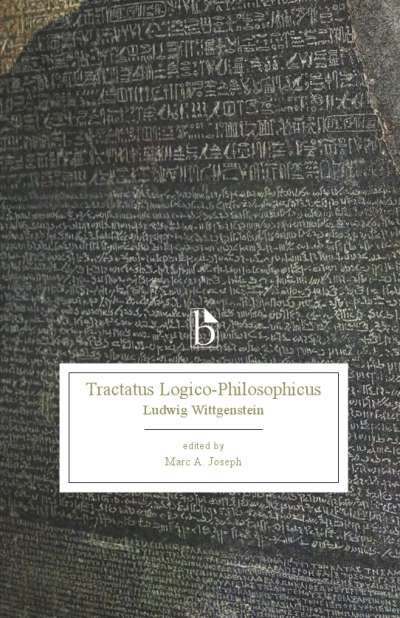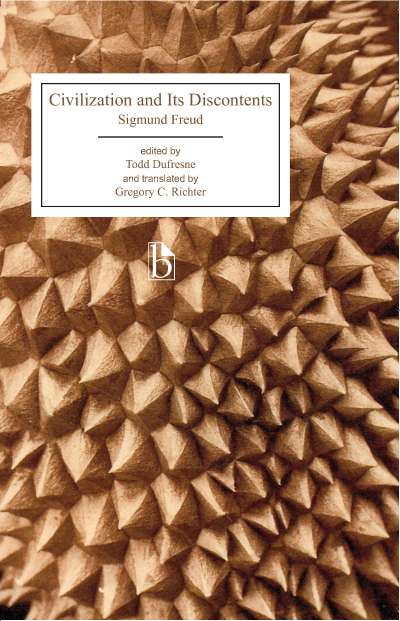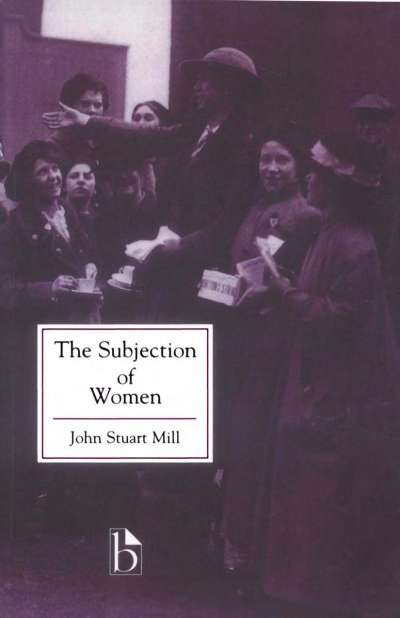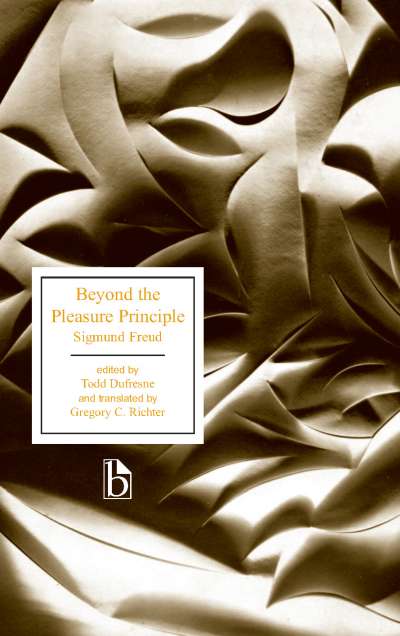Wittgenstein and the Practice of Philosophy introduces Wittgenstein’s philosophy to senior undergraduates and graduate students. Its pedagogical premise is that the best way to understand Wittgenstein’s thought is to take seriously his methodological remarks. Its interpretive premise is that those methodological remarks are the natural result of Wittgenstein’s rejection of his early view of the ground of value, including semantic value or meaning, as something that must lie “outside the world.”
This metaphysical view of meaning is replaced in his transitional writings with a kind of conventionalism, according to which meaning is made possible by the existence of grammatical conventions that are implicit in our linguistic practices. The implicit nature of these conventions makes us vulnerable to a special kind of confusion that results from lacking a clear view of the norms that underlie our linguistic practices. This special confusion is characteristic of philosophical problems, and the task of philosophy is the therapeutic one of alleviating confusion by helping us to see our grammatical norms clearly.
This development of this therapeutic view of philosophy is traced from Wittgenstein’s early
Tractatus Logico-Philosophicus through his transitional writings and lectures to his great masterwork, Philosophical Investigations, and his final reflections on knowledge and scepticism in On Certainty. Wittgenstein’s discussions of naming, family resemblances, rule-following and private language in Philosophical Investigations are all examined as instances of this sort of method, as is his discussion of knowledge in On Certainty. The book concludes by considering some objections to the viability of Wittgenstein’s method and speculating on how it might be extended to a discussion of moral value to which Wittgenstein never explicitly returns.
Comments
“A wide-ranging and extraordinarily clear introduction to Wittgenstein’s treatment of central philosophical problems about the nature of science, logic, language, and knowledge, the relationship between his earlier and his later philosophy, and his therapeutic conception of philosophical method.” — David Stern, University of Iowa
“This book is a clear and sensible introduction to Wittgenstein’s philosophy, which, rightly, gives pride of place to his extraordinary conception of the subject: his striving for conceptual clarity instead of new philosophical theories. At a time when uncritical emulation of scientific methodology is common in philosophy, this accessible presentation of Wittgenstein’s unorthodox methodological views should be particularly salutary and useful to students.” — Severin Schroeder, University of Reading












